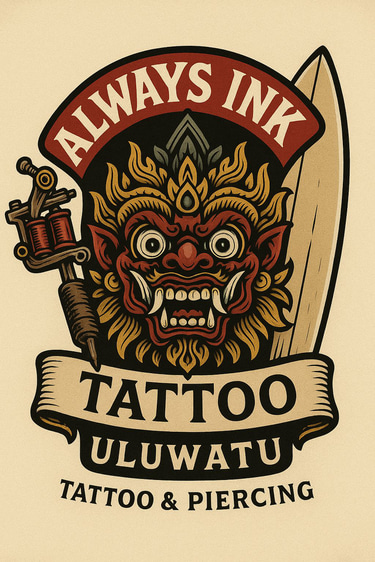Eternal Signs | On the Trail of Greek Tattoos
3/3/20252 min read


Origins and ancient practices
The use of tattoos in Greece can be traced back to the second millennium BC. Historical sources indicate that tattoos played a variety of roles in ancient Greece, from ritual practices to the marking of criminals and slaves. Early tattoos are believed to have been created using simple techniques such as incising the skin and rubbing in soot or other dyes. In the works of Herodotus, we find evidence that tattoos were common among certain Thracian tribes that traded with the Greeks. They often served as a sign of belonging or as symbols of protection. Herodotus also reports that captured slaves and soldiers were marked with tattoos to clarify their origins or status.
Age of the Poleis and Hellenism
During the Classical and Hellenistic periods, according to existing texts, tattoos were rarely used in Greek society. Instead, they were mostly associated with barbarians and foreigners. An exception, however, were the Spartans, who, according to some sources, tattooed their bodies with complex patterns and symbols to demonstrate their abilities and achievements.



Christianity and the prohibition of tattoos
With the spread of Christianity in the Roman Empire and later in the Byzantine Empire, which included Greece, tattooing became increasingly frowned upon and eventually officially banned. The Christian view viewed the body as a temple that should not be harmed or disfigured, and thus tattooing was considered a pagan practice.
Revival and modern times
It took many centuries for tattoos to regain popularity in Greece. In the 20th and 21st centuries, tattoos experienced a cultural revival worldwide, which also reached Greece. The Greek tattoo scene is thriving today, with Greek myths, gods, and the rich symbolism of the country's ancient cultures often serving as inspiration.
Modern Greece offers a diverse tattoo culture that encompasses both modern designs and trends as well as traditional motifs. Tattoo studios in Athens, Thessaloniki, and other cities demonstrate how vibrant and creative the scene is and how millennia-old traditions continue to exist in new forms.
The history of tattoos in Greece reflects the changing and transforming cultures, values, and identities over time. From an ancient symbol of identity to a Christian taboo to an expression of personal individuality in modern-day Greece, tattoo art has a long and rich history. It tells stories of belonging, faith, and beauty that have been preserved over the centuries.
